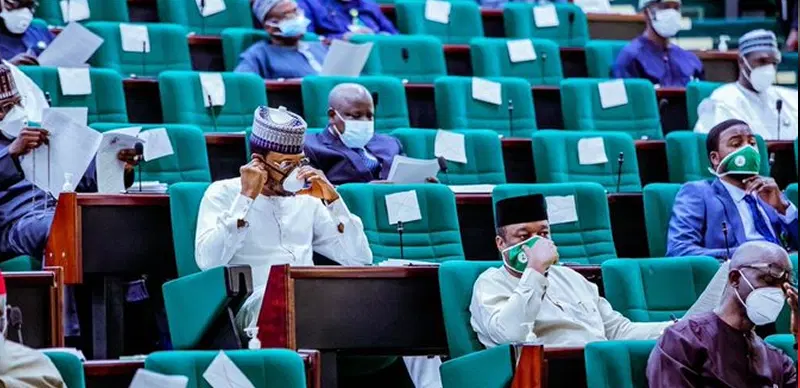Civic tech organization BudgIT has accused the National Assembly of inserting 11,122 questionable projects worth N6.93 trillion into the 2025 federal budget, describing the move as part of a “deeply entrenched culture of exploitation and abuse” within Nigeria’s budgeting process.
The allegations were made public in a statement posted on BudgIT’s official X (formerly Twitter) account on Tuesday, following the organisation’s detailed analysis of the approved 2025 budget.
According to BudgIT, what once appeared to be isolated budgetary anomalies has morphed into a systemic practice, allegedly driven by senior lawmakers who treat the national budget as a tool for personal and political gain.
This revelation comes in the wake of the passage of the 2025 Appropriation Act, signed into law by President Bola Tinubu on February 28, 2025. The final budget amount of N54.99 trillion marked a significant increase of N5.29 trillion over the original N49.74 trillion proposal presented by the president in December 2024 — an 80.96 percent jump from the previous year’s budget.
BudgIT’s findings pointed to numerous irregularities, including the inclusion of 238 projects valued at over N5 billion each — amounting to N2.29 trillion — with little or no justification. Additionally, 984 projects costing N1.71 trillion and another 1,119 projects worth N641.38 billion were reportedly added arbitrarily.
One of the most alarming cases highlighted in the report was the alleged forced injection of 4,371 projects worth N1.72 trillion into the Ministry of Agriculture’s capital budget, ballooning its allocation from N242.5 billion to a staggering N1.95 trillion.
The report also noted that 3,573 projects, totaling N653.19 billion, were directly assigned to federal constituencies, while 1,972 projects (N444.04 billion) were directed to senatorial districts. Among the controversial allocations were: N393.29 billion for 1,477 streetlight projects, N114.53 billion for 538 borehole installations, N505.79 billion for 2,122 ICT-related projects, and N6.74 billion for the “empowerment of traditional rulers.”
BudgIT further accused lawmakers of using under-resourced agencies such as the Nigerian Building and Road Research Institute and the Federal Cooperative College in Oji River as conduits for politically motivated projects, despite their limited operational capacity.
In its statement, BudgIT called for sweeping reforms. It urged President Tinubu to assert stronger executive oversight of the budgeting process, advised Attorney General Lateef Fagbemi to seek a judicial interpretation of the legislature’s appropriation powers, and called on anti-corruption agencies to investigate and track the inserted projects to ensure accountability.
The organisation warned that without urgent intervention, the integrity of Nigeria’s budgeting process would remain compromised by political manipulation and fiscal recklessness.










